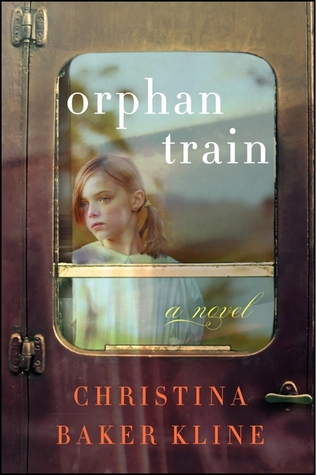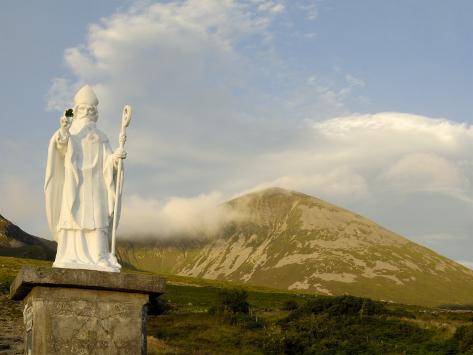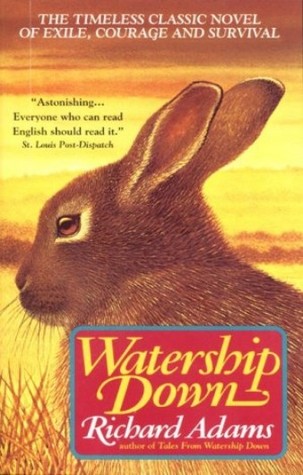from the cover
Between 1854 and 1929, so-called orphan trains ran regularly from the cities of the East Coast to the farmlands of the Midwest, carrying thousands of abandoned children whose fates would be determined by pure luck. Would they be adopted by a kind and loving family, or would they face a childhood and adolescence of hard labor and servitude?
As a young Irish immigrant, Vivian Daly was one such child, sent by rail from New York City to an uncertain future a world away. Returning east later in life, Vivian leads a quiet, peaceful existence on the coast of Maine, the memories of her upbringing rendered a hazy blur. But in her attic, hidden in trunks, are vestiges of a turbulent past.
Seventeen-year-old Molly Ayer knows that a community-service position helping an elderly widow clean out her attic is the only thing keeping her out of juvenile hall. But as Molly helps Vivian sort through her keepsakes and possessions, she discovers that she and Vivian aren't as different as they appear.
my rating
my review
How is it possible for a book to tear your heart to shreds and yet still be entirely likable? Orphan Train is heartwarming and heart-wrenching all at the same time, and although it's not perfect, I couldn't bring myself to give it any less than a 5/5 rating.
Because it alternates between modern-day Maine (from the perspective of a 17-year-old) and Minnesota in the 1920's-40's, Orphan Train appeals to a relatively broad audience. However, I found the historical portion much tighter and smoother and more gripping than the part of the story set in 2011, which almost seemed to be an afterthought -- a hastily-written (though very interesting) sub-plot, perhaps, to bring the book full-circle.
As I read this book, I felt a strong urge to gather all of the orphans, foster children, abused, and neglected into my arms and and give them a hot bath and new clothes and feed them warm brown bread with honey and whisper in their ears that they are loved, they have a purpose, they are beautiful. This must be how God feels when he gazes upon the world.
(There is irony here, for my maternal instinct is either nonexistent or just dormant 99.9% of the time. I mean, children are frightening -- they're tiny people, just louder and more honest and lacking any concept of personal space. And often sticky. I really don't like sticky.)
Note: due to language and some sexual content, I would recommend this book for mature readers. If you (or your parents) don't feel you're ready for it yet, put it on your to-read-in-a-few-years list, because it's definitely worth reading.























